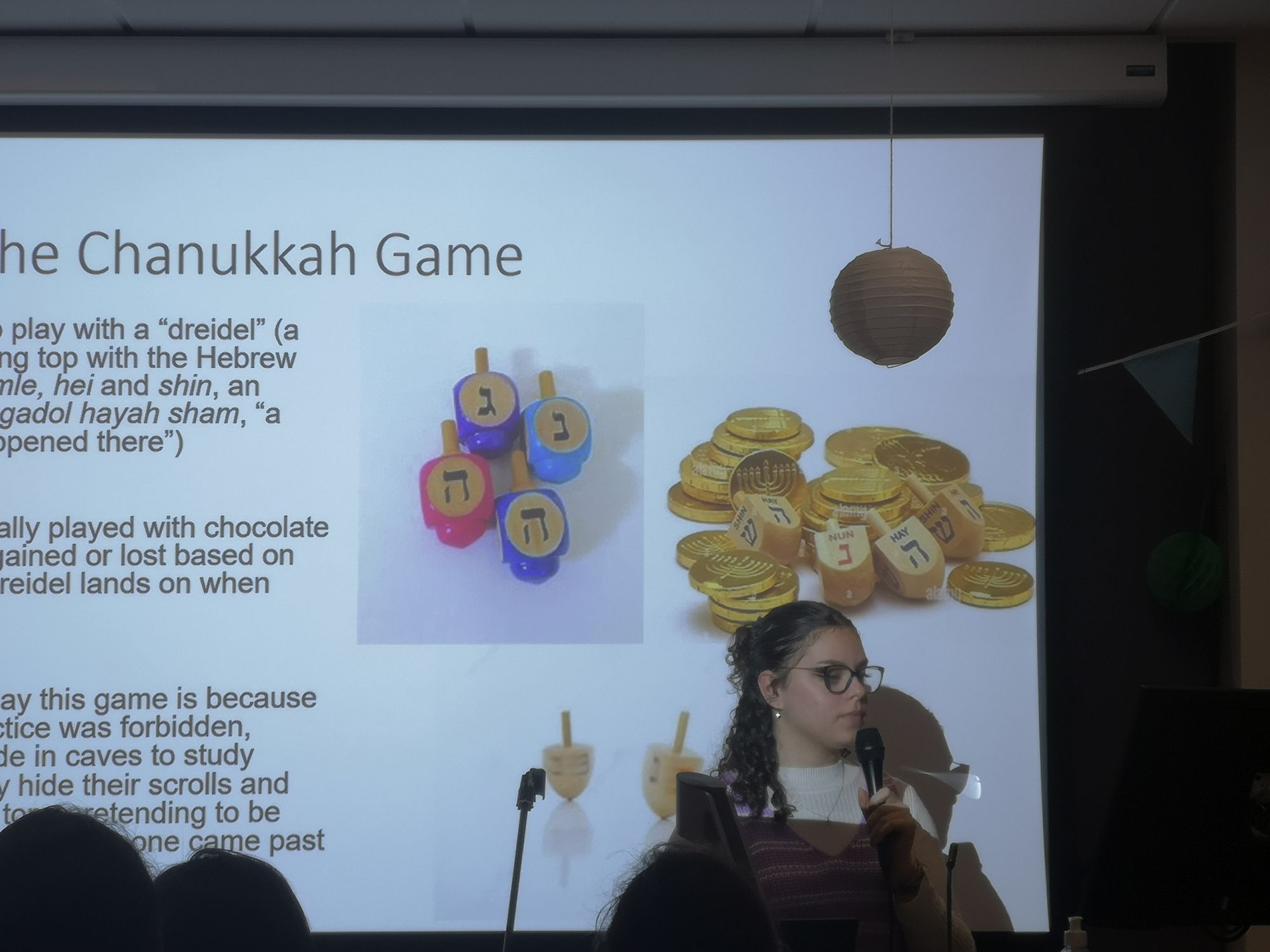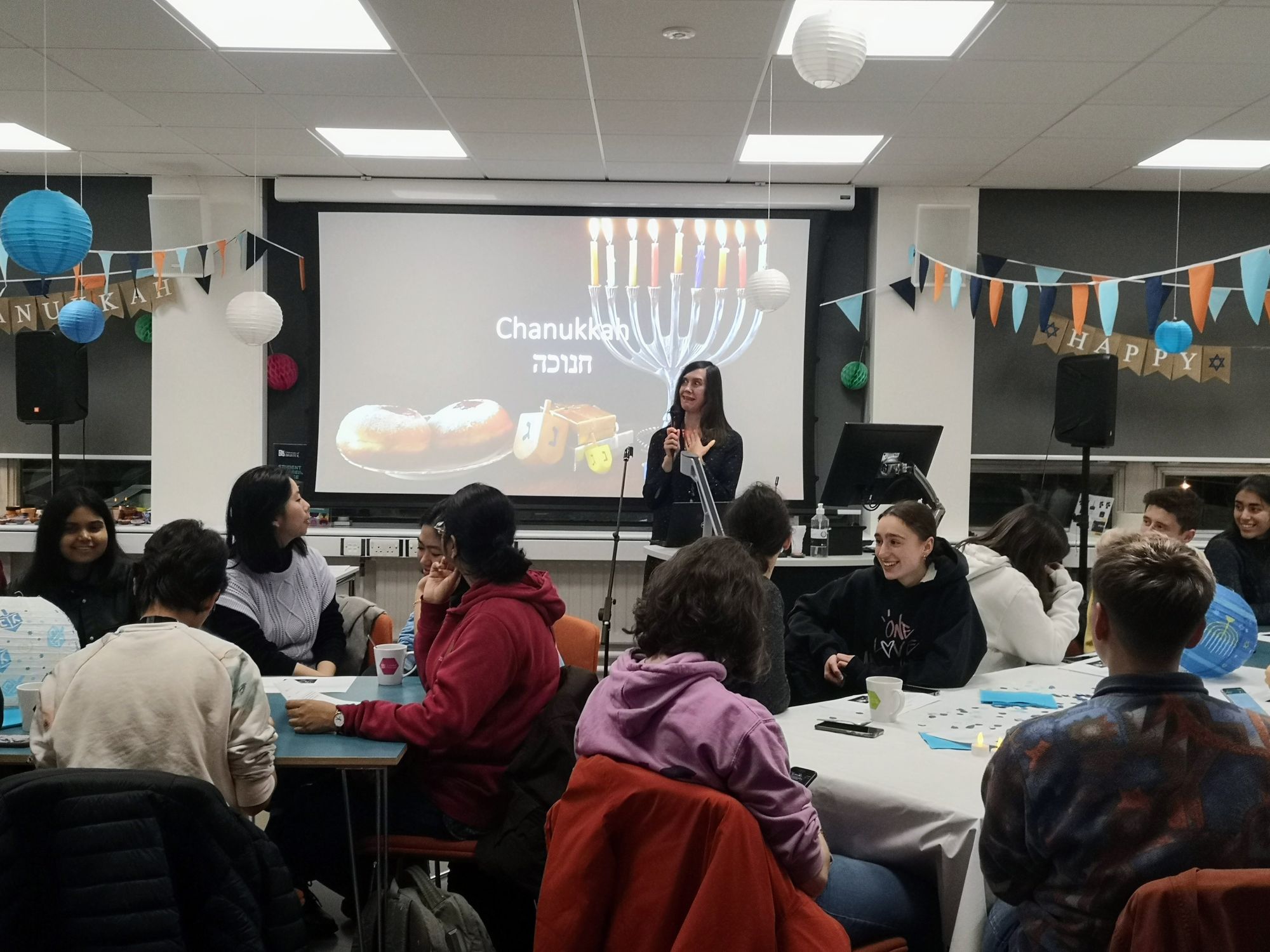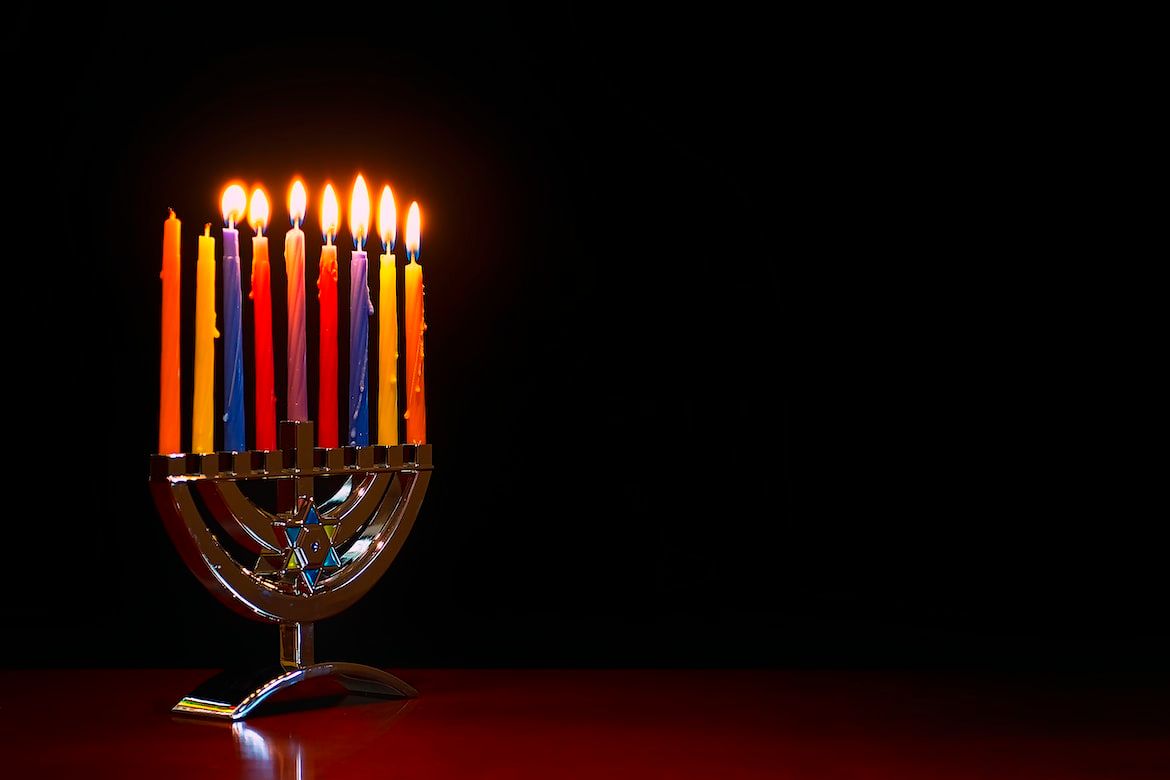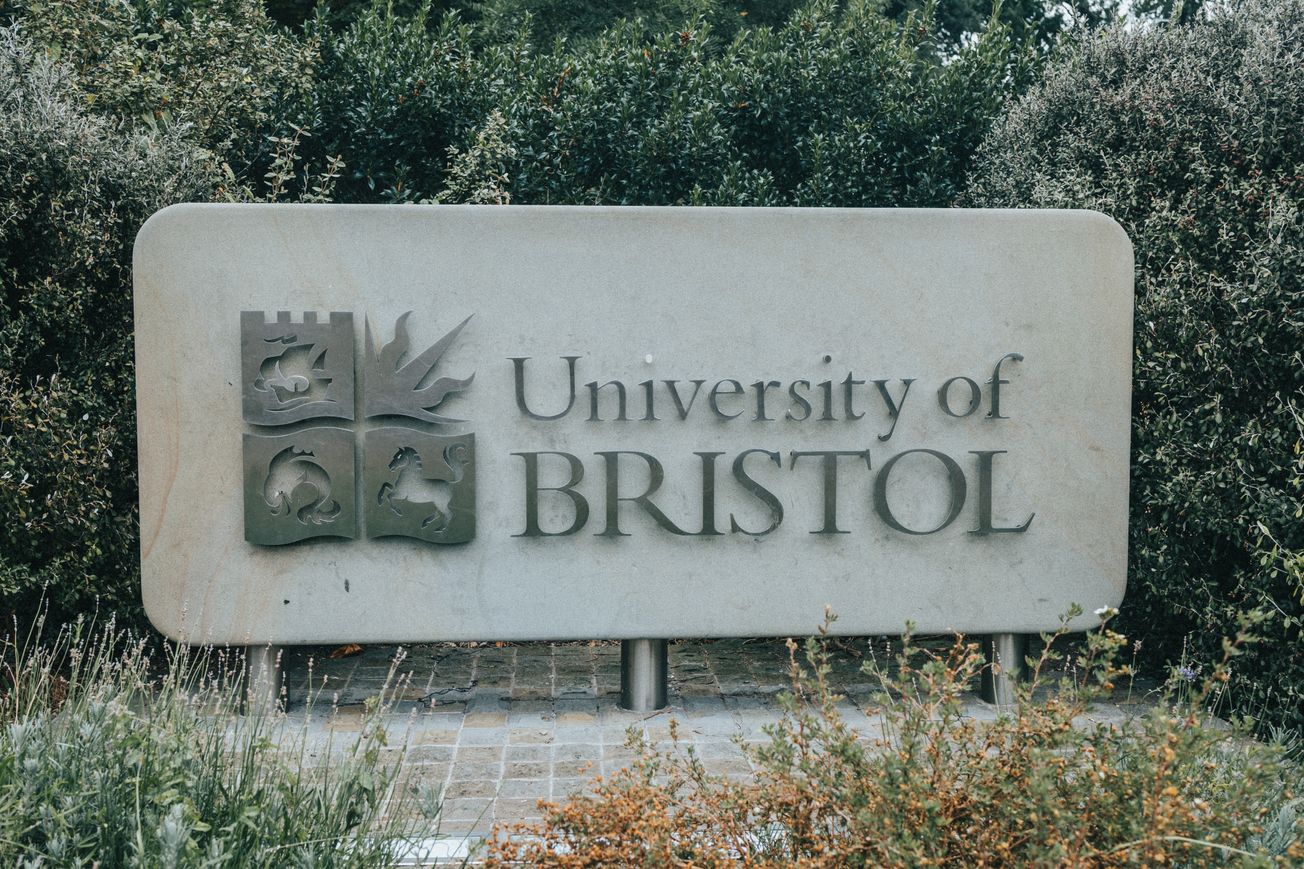By Milan Perera, News Reporter
Communal celebration of Hanukkah got the festive season going in style
University of Bristol Jewish Society (JSoc) joined forces with the Student Inclusion Team, Multi-Faith Chaplaincy and Global Lounge to host a spectacular celebration of Hanukkah that included a brief history lesson, trivia, games, sing-song and a mouth-watering spread of festive favourites.

Hanukkah changes dates every year, since the holiday follows the Jewish lunar calendar as opposed to the Gregorian calendar. It normally falls between the end of November and the beginning of December, with celebrations held for eight days. This year’s Hanukkah will be observed between 18th December and 26th December.
The festival's origins go back to the second century BCE, when a group of Jewish warriors called the Maccabees defeated the mighty Seleucid armies as detailed in the Apocrypha. It also comemmorates the Miracle of Hanukkah, where a quantity of oil that was supposed to last for one day lasted eight days, thus inspiring the holiday's duration.
One of the most visible symbols of Hanukkah is the adapted nine branched menorah known as a hanukkiah, consisting of eight peripheral candle holders - one for each night, plus the shammash or helper candle. Yoseph Citron, the Jewish Chaplain at the University explained the significance of the hanukkiah with an on-the-spot demonstration.

Shiri Kleinberg, the President of JSoc, gave the welcome address for the evening’s proceedings through a brisk history lesson on the significance of Hanukkah in the Jewish year. Her address was followed by a quick masterclass on a traditional Jewish song, which went down a treat with attendees of diverse religious persuasions.
The communal celebration of Hanukkah was fuelled by an array of festive favourites, such as bagels, wraps, various salads, jam doughnuts and potato latkes. The latter has a symbolic importance due to its oily texture, which references the Miracle of Hanukkah.

The evening also included trivia and the popular Hanukkah pastime of dreidel. A dreidel is a spinning top, with four sides, each marked with a different Hebrew character (nun, gimmel, hey and shin). The game comes from a legend that, during the time of the Maccabees, when it was prohibited for Jewish children to study the Torah, they would do it anyway and pretend to be playing with the spinning-tops if they got caught. The letters on the dreidel are the first letters in a Hebrew phrase that means 'A Great Miracle Happened There'.
Speaking exclusively to Epigram on the importance of the celebration, Shiri Kleinberg stated that:
'The Hanukkah event at the Global Lounge on the 5th of December was a really great way for Jewish students to share with others how we celebrate the festival. It was so lovely to see how many people were eager to come along and learn about it and partake in the traditions with us.'
'Hanukkah isn’t until the 18th of December this year, so when it comes around, more people will now understand what the festival means to us and how we celebrate it. The atmosphere in the room was really joyous and enthusiastic, and I’m so pleased that we were able to allow that to happen.'
Beyond the festive ambience of Hanukkah there is the story of defiance in the face of adversity and threat to the very existence of Jewish people. Kleinberg further pointed out that:
'On Hanukkah we commemorate reclaiming our temple in the 2nd BCE after it was taken from us, and we were forced to abandon our faith in god and practice religion by our oppressors. A small group of Jews formed an army and were victorious over a much larger and stronger army.'









